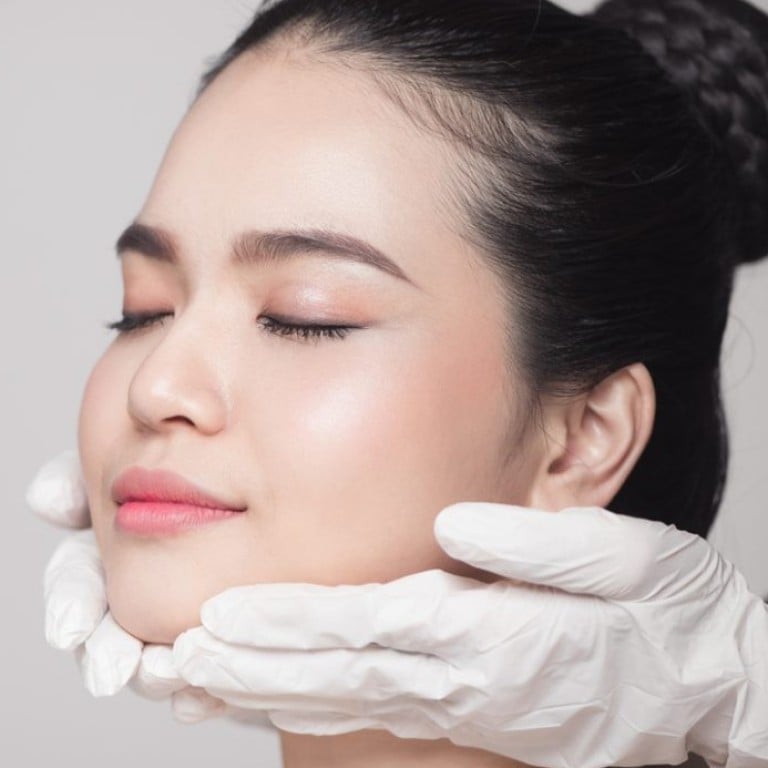Why are Chinese millennial women obsessed with having perfect skin?

Spending on skin improvement products and procedures has risen to previously unthinkable levels among nation’s women aged 22 to 33
This article was originally written by Jiaqi Luo for Jing Daily
“As I’ve grown older, I’ve started to invest more money on skincare than designer bags,” Linda Zhong, a 24-year-old live-streaming hostess, in Shenzhen, China, said.
After a rough calculation, she estimated her monthly skincare budget at about 10,000 yuan (US$1,488).
“Skincare is the most rational investment a woman can make to herself,” she said.
Despite the surge of feminist ads in recent years, the Chinese attitude towards women ageing remains hostile
Half of her hefty budget goes on her daily beauty regimen, which starts with Skin Caviar Luxe Cream (US$505/50ml) from the Swiss brand, La Prairie, in the morning, and a skin-smoothing laser, Iluminage Touch, from Israeli brand Iluminage (US$587), before bedtime.
Yet even this sophisticated combination of luxe products and black-tech beauty devices no longer suffice.
Last year, Zhong hired a South Korean skin coach, located in a local upmarket skincare management clinic, for more professional advice.